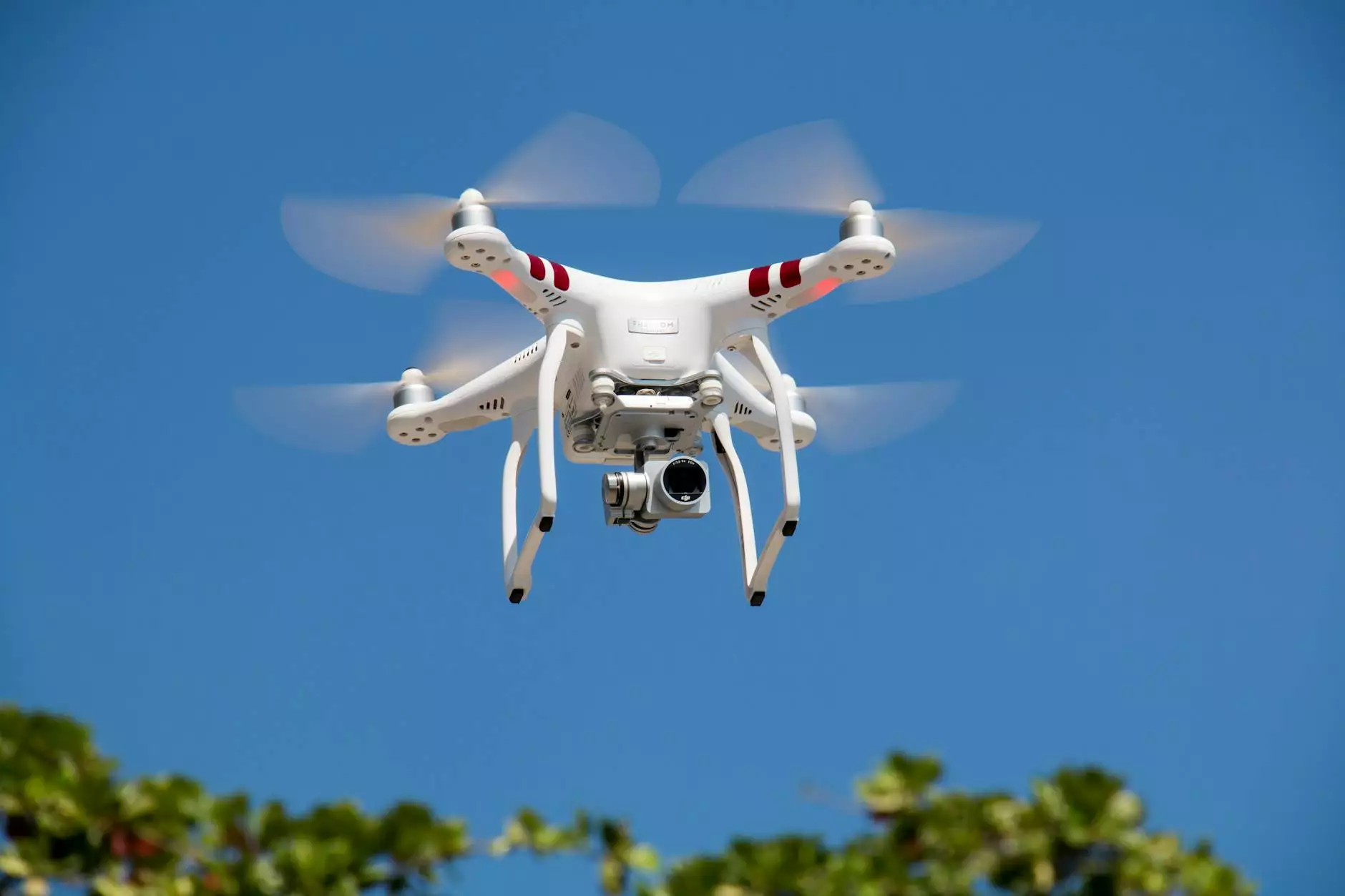Understanding LOLER Legislation: Ensuring Safety in Your Garden and Business Operations

In the realm of business safety regulations, one of the most critical and often misunderstood legislations is the LOLER legislation. Originating from the UK, the Lifting Operations and Lifting Equipment Regulations 1998 (LOLER) impose strict safety standards on the use of lifting equipment across various industries, including garden maintenance, pest control, and home and garden businesses. Complying with LOLER legislation is essential not only for legal adherence but also to safeguard employees, clients, and the environment.
What is LOLER legislation? An In-depth Overview
The LOLER legislation was introduced by the UK Government to ensure that all lifting equipment used in workplaces and public settings is safe and properly maintained. It covers items such as cranes, hoists, forklifts, chains, ropes, and even some gardening equipment like cherry pickers and lifting platforms. The core aim is to prevent accidents and injuries resulting from equipment failure or misuse.
This legislation emphasizes proactive safety measures, comprehensive risk assessments, and routine inspections. It is imperative for businesses operating in sectors like Home & Garden, Gardening, and Pest Control to understand and implement the regulations effectively.
The Key Components of LOLER legislation
- Risk Assessment: Identifying potential hazards associated with lifting equipment.
- Thorough Examination: Regular inspections and thorough examinations conducted by qualified personnel.
- Certification and Documentation: Maintaining detailed records of inspections, repairs, and testing.
- Operator Training: Ensuring operators are adequately trained and competent.
- Proper Maintenance: Routine checks and repairs to keep equipment in safe working order.
- Emergency Procedures: Establishing protocols for incidents involving lifting equipment.
Relevance of LOLER legislation in the Home & Garden Industry
For businesses within the Home & Garden and Gardeners sectors, compliance with LOLER legislation may seem less intuitive given the common perception that it exclusively pertains to industrial machinery. However, many garden maintenance tasks involve the use of lifting platforms, cherry pickers, and hoists, especially when working on large trees, fences, or outdoor structures. Ensuring these tools are compliant is crucial for safety and legal compliance.
Application of LOLER legislation in Garden and Pest Control
Even though the primary focus is on industrial equipment, if your garden or pest control operations involve any form of lifting machinery, LOLER legislation becomes relevant. For instance, pest control activities may require the use of elevated platforms or lifting devices to access difficult areas safely. Gardeners working on tall trees may employ cherry pickers or scaffolding systems, needing to ensure these are tested, maintained, and certified under LOLER.
Key point: Always conduct thorough risk assessments before using any lifting equipment and verify that all machinery has current inspection certificates compliant with LOLER legislation.
Benefits of Complying with LOLER legislation
Complying with LOLER legislation brings numerous benefits that extend beyond mere legal obligation:
- Enhanced Workplace Safety: Reduces the risk of accidents and injuries involving lifting equipment.
- Legal Compliance and Avoidance of Penalties: Protects your business from fines, sanctions, or prosecution.
- Operational Efficiency: Maintains machinery in optimal condition, reducing downtime and repair costs.
- Reputation Enhancement: Demonstrates a strong safety commitment to clients, employees, and regulatory bodies.
- Insurance Benefits: Proper compliance can lead to better insurance terms and claims process efficiency.
Steps to Achieve LOLER Legislation Compliance in Your Business
1. Conduct a Detailed Risk Assessment
Every piece of lifting equipment must undergo a comprehensive risk assessment tailored to its specific usage environment. This includes evaluating the potential hazards, operational risks, and ensuring suitability for the intended tasks.
2. Schedule Regular Inspection and Thorough Examination
Routine checks by qualified inspectors are mandatory. These examinations certify that equipment remains safe and compliant with current standards. It’s recommended to:
- Perform daily visual inspections
- Arrange for periodic thorough examinations as per manufacturer guidelines and legal requirements
3. Maintain Accurate Records and Documentation
Proper documentation not only acts as proof of compliance but also facilitates ongoing safety management. Keep records of inspections, maintenance, repairs, and operator training.
4. Ensure Operator Competency
Operators must have adequate training and certifications. Poor operation is a major cause of accidents involving lifting equipment. Invest in certified training courses to ensure competence.
5. Implement Routine Maintenance Protocols
Regular maintenance prevents equipment failure and prolongs service life. Use manufacturer-approved parts and follow recommended procedures.
6. Adhere to Emergency Procedures
Develop and practice emergency response plans for incidents involving lifting equipment. This includes rescue procedures, first aid, and incident reporting.
How SafePlantUK.co.uk Supports Your Compliance with LOLER legislation
At safeplantuk.co.uk, we specialize in providing top-quality lifting equipment, inspections, and maintenance services designed to help your business comply seamlessly with LOLER legislation. Our team of experienced technicians offers:
- Comprehensive Equipment Inspections: Thorough checks ensuring safety and compliance.
- Certification Services: Issuing valid certificates compliant with legislation.
- Maintenance and Repair: Regular servicing to prevent operational failures.
- Training and Consultation: Educating your staff on safe operation practices and legislation requirements.
Whether you operate within the Home & Garden, Gardeners, or Pest Control sectors, our solutions are tailored to meet your specific needs, helping you adhere to legal standards and promote a safe working environment.
Conclusion: Why LOLER legislation Is an Integral Part of Business Safety
In conclusion, understanding and implementing LOLER legislation is *not* just a legal obligation but an essential aspect of responsible business management. By prioritizing safety, conducting regular inspections, and maintaining your equipment diligently, you safeguard your team, clients, and reputation. Moreover, staying compliant minimizes risks of accidents, legal penalties, and operational disruptions.
As a leading provider in the UK, safeplantuk.co.uk is committed to helping businesses in the Home & Garden, Gardeners, and Pest Control industries achieve and maintain full compliance with LOLER legislation. Invest in safety today — because securing your business’s future starts with safety first.









